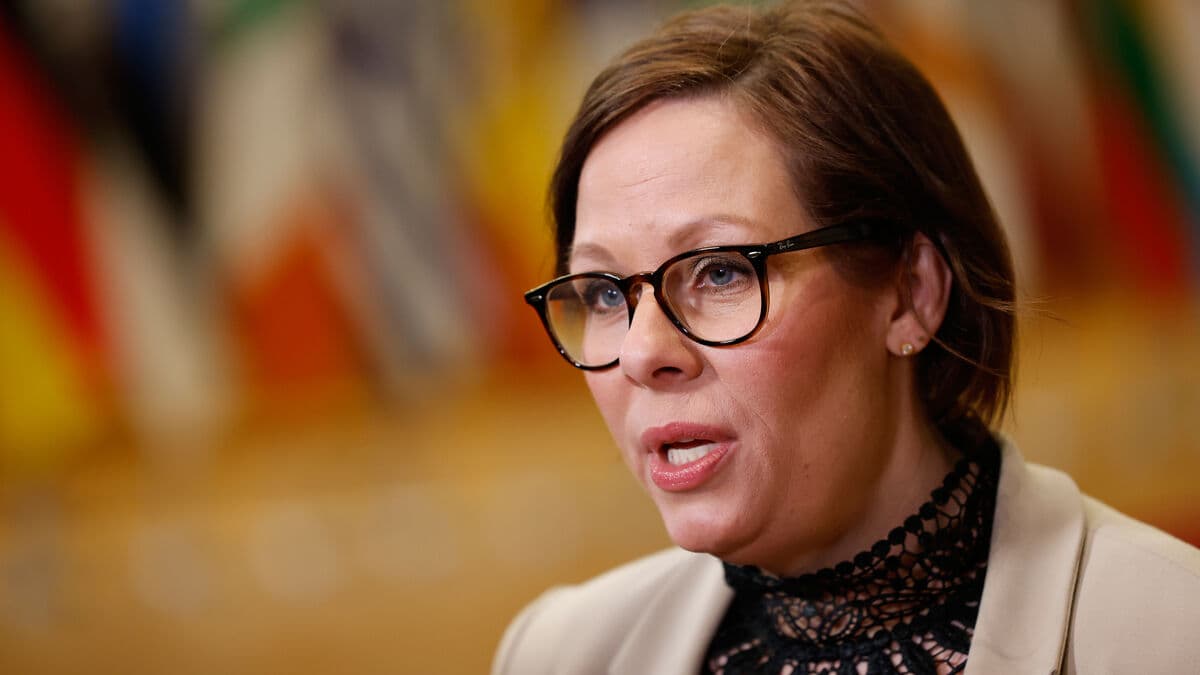It had been speculated about 50 billion kronor, now it will instead be reforms of 60 billion in the state budget for next year. The message from the government and Finance Minister Elisabeth Svantesson (The Moderate Party) is met with thumbs up from both LO and Svenskt näringsliv.
A bit surprising and somewhat more than expected, but it's just welcome this, says LO's chief economist Torbjörn Hållö.
It's very positive. Well-balanced considering the current economic situation and the strong state finances we have, replies his colleague at Svenskt näringsliv, Sven-Olov Daunfeldt.
More support is needed
Annika Winsth, chief economist at Nordea, also sees it as a welcome message considering the economic uncertainty and rising unemployment.
Svantesson gets approved, it's reasonable to use 60 billion, but I think they are a bit optimistic about unemployment. I think they will use a bit more support for the labor market, comments she.
Jens Magnusson, chief economist at SEB, also thinks the amount is reasonable but a bit on the low side.
Our forecast was 60 to 80 billion. With five-ten billion more in the spring budget, we'll land around there. We have strong state finances. When the government now thinks that the inflation war is won, it's sensible to also use these fiscal policy muscles, he says and adds:
But we still don't know what the money will be used for. Now the finance minister is talking about structural measures, growth, productivity-enhancing measures. All that is wise things – but it must also be delivered.
Right support for households
From LO's side, one wants to see an investment in households and towards low- and middle-income earners.
It's about supporting households in the right way. The government has proposals for high-income earners. It's politics that one should not implement because it doesn't stimulate the Swedish economy. It's about increased child benefits and general tax cuts that go to everyone, says Torbjörn Hållö.
One should absolutely not implement these proposals for reduced tax on ISK savings, he believes.
Sven-Olov Daunfeldt, in turn, wants to see "a real growth budget".
What we see as important is that we remove the growth-hostile taxes. We hope for the phasing out of the job tax deduction. Focus on tax forms that increase the drive to work.






